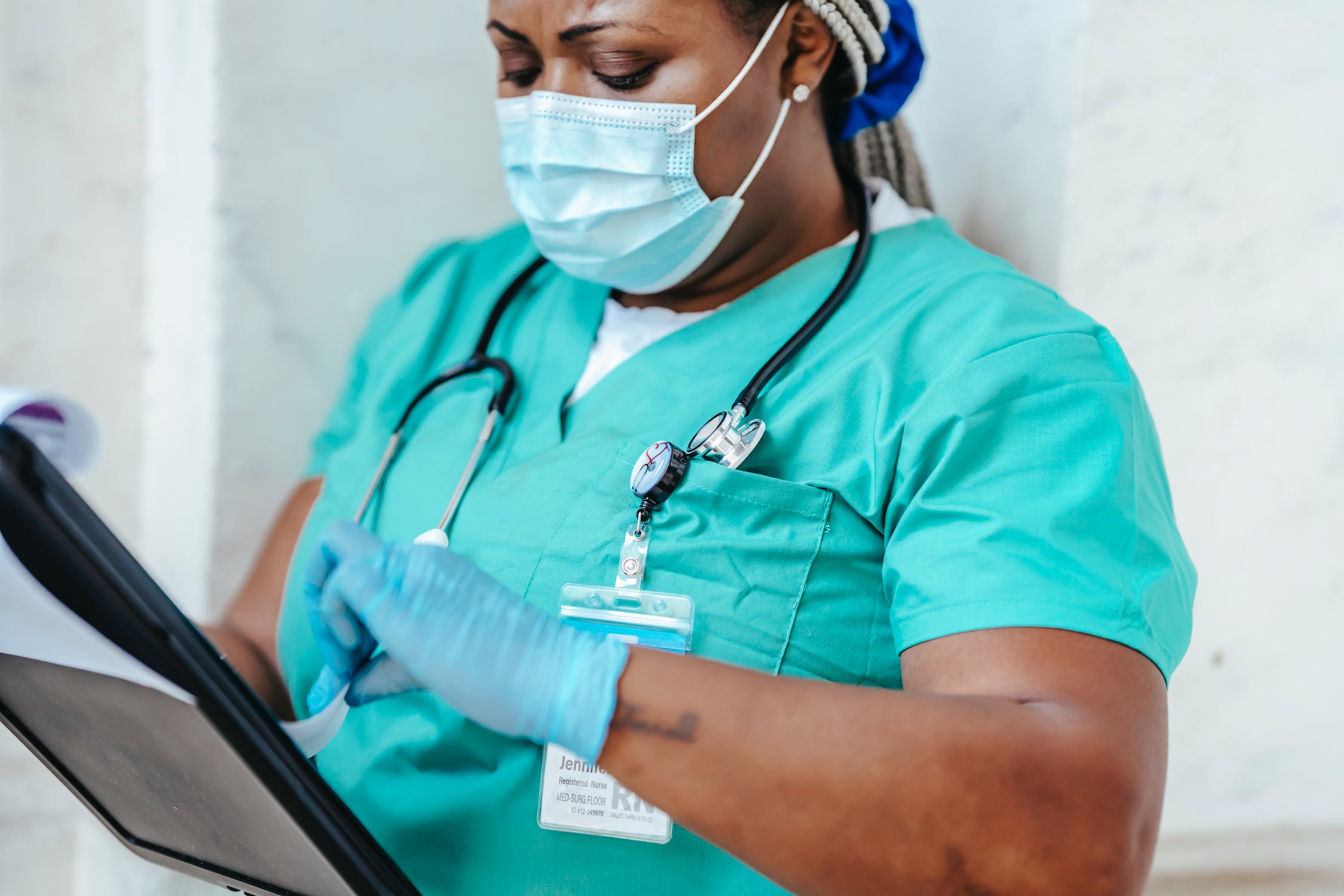Samantha Sheppard gave birth to her son Bobby at Mackay Base hospital in Queensland, Australia three years ago, and the experience has haunted her ever since.
She claims the hospital ignored her request for a C-section and used a suction method to deliver her baby. The procedure harmed her infant son and left her unable to control her bodily functions.
“It was absolutely horrendous. It was so life changing. I live with a pad on every day. I weigh myself every day. I’ve actually peed myself countless times because I can’t control it,” she said. “Everyone asks when are you having another baby? And I think, I don’t even want to have another baby.”
She’s one of several women who were harmed by the hospital’s failure to deliver quality care, according to a state inquiry released by the Queensland government last month. Investigators found “systemic failures” in the facility’s obstetric and gynecology unit, which caused many women to suffer “sustained lifelong physical and mental harm.”
The state’s health minister, Yvette D’Ath, offered her “sincerest and unreserved apology” to the 96 women who participated in the investigation, which found 81 women had suffered substandard care. The report identified 26 cases that resulted in personal injury or harm. In three other cases, inadequate prenatal care led to the loss of three children.
“Those three cases span over 10 years. No family should ever have to experience the devastation of the loss of a child and certainly not under these circumstances,” said D’Ath. “Our health system can and must do better.”
Investigators found evidence that suggested the women were ignored, disrespected, and neglected during their time at the hospital, and some were left with debilitating pain.
The report suggests these incidents were caused by a “problematic work culture” and “systematic failures at all levels throughout the organization,” which “allowed poor practice and bad behavior to flourish.”
“There were failures to thoroughly investigate, or investigate at all, the issues that were arising. When trainee doctors and midwives tried to raise concerns in relation to consultant behaviors, clinical practice and outcomes, their concerns were dismissed by senior staff,” the report says.
The hospital is facing a class action lawsuit from several women mentioned in the report. Sheppard is considering joining the lawsuit after going public with her experience.
She says she went to Mackay Base hospital for induced labor after a glucose test confirmed she had gestational diabetes, which can cause complications during childbirth.
She claims the staff ignored her requests that the tests be reanalyzed “multiple times” after she received a “borderline” diagnosis that was never explained or elaborated on.
She says she felt belittled at the hospital when she arrived and felt that something was “not quite right.”
After failing to dilate, she says she “begged” to have a C-section, but the staff refused. They instead gave her an epidural and attempted to use a suction cup to pull out the baby.
“They grabbed me by my legs and dragged me down the bed while I had the epidural in my back. The baby’s nose kept getting stuck on my pelvic bone because he was face up instead of face down. They decided to give me an episiotomy and put the suction cup on my baby’s head,” she recalls.
“[The doctor] was pulling back on it, at that point she was shaking from how hard she was pulling and after six hard pulls the suction cup let go, causing her to stumble backwards.”
Sheppard explains that the staff used forceps to pull the baby out, but the device gave him Bell’s palsy that took months to heal. The suction motion also left Bobby with a tear in his head and spine that resulted in severe bleeding. She says he had to be airlifted to another hospital for additional treatment.
Her son eventually recovered but she was left with no pelvic floor muscle and bladder and rectal prolapses.
A spokesperson for the hospital responded to the allegations by saying they had been “in touch with the patient” and were working on “ensuring every patient feels safe and respected when they receive care,” but the hospital was unable to comment on ongoing cases.
The state inquiry made 122 recommendations as to how the hospital can improve patient care and safety, of which “47 are already implemented, 37 are agreed to be implemented, and 38 are agreed in principle to be implemented” according to the hospital.
“Patients who were physically and psychologically injured as a result of the hospital’s negligence deserve compensation for medical expenses, loss of income, and pain and suffering,” said special counsel Sarah Vallance from Shine Lawyers, who is representing the victims.
“The amount of compensation they receive should not be decided through a mysterious extrajudicial process in which Queensland Health has all the control and bargaining power. For the Mackay community to regain trust in their health service, it’s imperative the compensation pathway is transparent and affords due process to the women involved.”




